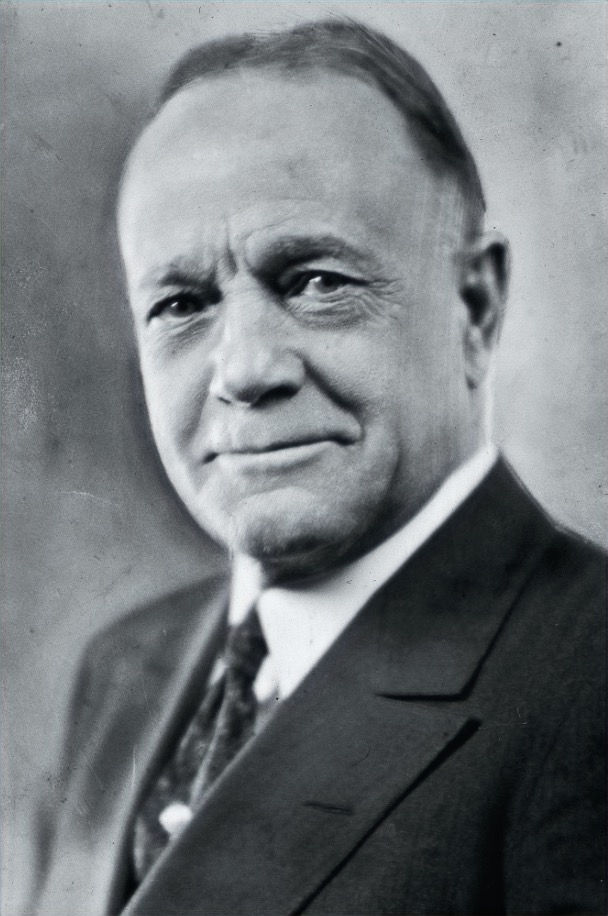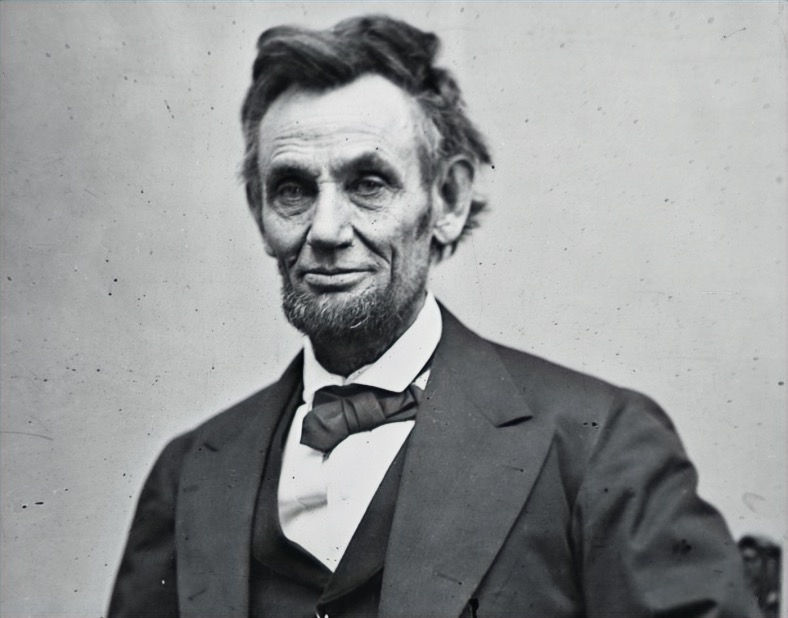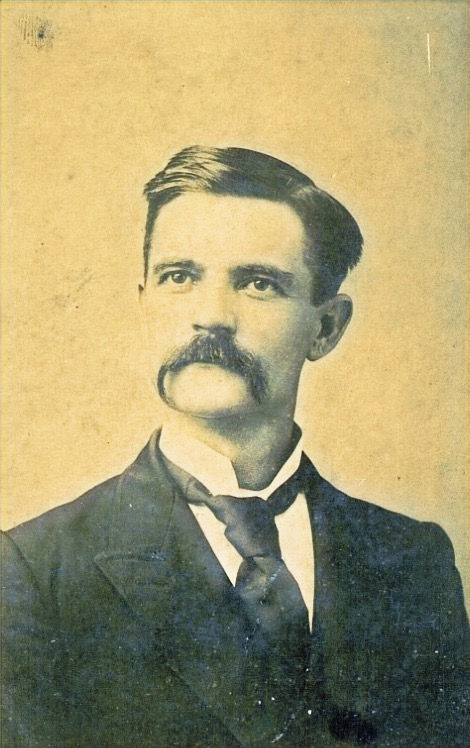The Economics of Alcohol
- Brent Madaris
- Aug 8, 2023
- 3 min read
Updated: May 15, 2024
Do alcohol sales really help to lighten taxes?

Many towns, and cities, allow the sale of beer and wine. “Packaged liquor” is sometimes allowed and sometimes not. The following facts should help to buttress public opinion against the unnecessary evil of alcohol.
In the early 1900s, Evangelist Billy Sunday said,

"There is one prime reason why the saloon has not been driven from the land long ago--that is the lying argument that saloons are needed to lighten taxes. I challenge you to show me any community where a saloon license policy has lightened taxes."
So, what about the modern-day “saloons” and taxes? Does the tax money made on alcohol sales outweigh the associated costs? Consider the following.
The 2018 Economic Impact Study of America’s Beer, Wine & Spirits Retailers provides an in-depth look at the important role that beverage licensees play by creating more than 2.03 million jobs from direct retail alcohol sales and paying more than $47.9 billion in local, state and federal taxes. The direct economic impact of America’s beer, wine, and spirits retail industry is more than $122.63 billion annually; the total economic impact of the industry is $363.33 billion annually; and the industry is responsible for 1.65 percent of the U.S. economy based on total GDP.
But, what does alcohol cost Americans every year? As a sampling of the losses associated with alcohol use, meditate upon these per-year statistics.
Consumer Alcohol Purchases: $283.80 billion
Car crashes (total): $68.9 billion
Lost production at work: $179 billion
Medical expenditures: $28 billion
$529.7 Billion
(Compared to the “total economic impact of the industry” at $363.33 billion, there seems to be a shortfall here. Do you agree?)
How could anyone but the brewers and the sellers think that there is any financial gain in it? If the direct economic impact of the alcohol market amounts to $122.63 billion (or even the total economic impact of the industry which is 363.33 billion), it stands to reason that this is money taken out of legitimate industry and trade. Just think how many homes, groceries, shoes, clothes, school supplies, automobiles, computers, etc. that money could buy.
Not only is alcohol a financially losing proposition, but it is also physically destructive as well. There are about 29.5 million people ages 12 and older with alcohol use disorder. 6.7% of all drinkers develop alcohol use disorder. Alcohol abuse is implicated in:
31% of traffic fatalities,
29% of suicides - Alcoholics are up to 120 times more likely to take their own life.
40% of murders,
27% of aggravated assaults,
50% of burn victims,
37% of rape (sexual assault) victims,
15% of robberies, and
70% of drownings.
One family in three (about 36%) is troubled in some way by alcohol and its consequences. Alcohol abusers have more cardiovascular disorders, as well as gastrointestinal, hematologic, endocrine, immune system, and reproductive disorders.
I feel that based on the facts, America should seriously reconsider this matter as to whether or not alcohol sales are really in the best interest of the citizenry. Consider the following quotes and search your own heart in this matter:
“Booze is a cancer in human society, eating out its vitals and threatening its destruction.” Abraham Lincoln

“My experience through life has convinced me that abstinence from spirituous liquors is the best safeguard to morals and health.”
General Robert E. Lee

“Let us quit drinking boys. A dram cup in my hand broke my father's heart. Quit drinking boys. It will drive the roses from your wife's cheeks and they will never return. From a governor down to a dog pelter I would not vote for a man that touches, tastes, or handles whiskey to save my life, and you can never redeem America with a legislature whose breath is tainted with whiskey.”
Sam P. Jones

“A business that tends to lawlessness on the part of those who conduct it and criminality on the part of those who patronize it.”
Theodore Roosevelt



Comments